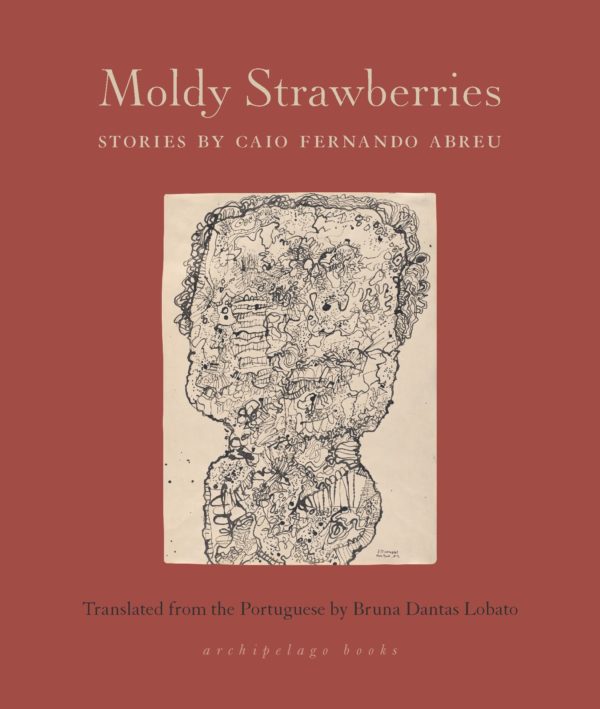We’re thrilled to share that Leonid Yuzefovich has won the 2021 Big Book Prize, Russia’s most prestigious literary award, for his novel Philhellene. The Big Book is awarded annually for the best book in any genre written in Russian. It was established in 2005 by the Center for Support of Russian Literature.
For more information about the Big Book and to read the press release in Russian, please follow the link here.
In 2018, Archipelago published Yuzefovich’s Horsemen of the Sands, two masterful novellas translated by Marian Schwartz. Publishers Weekly wrote: “Shot through with a mythic and cipherlike style, Yuzefovich’s novellas are cogent depictions of faith, obsession, power, and the ties that bind.”
In the Times Literary Supplement, Anna Aslanyan wrote, “Without discarding realism, this finely counterpointed tale suggests that magic works only if one believes in it. The same can be said of fiction, and Leonid Yuzefovich’s writing certainly has what it takes to earn our trust.”
Leonid Yuzefovich, a historian and writer, was born in Moscow in 1947 and spent his childhood and adolescence in the Urals. After graduating from university in Perm, he served as an officer in the Soviet Army in the Trans-Baikal region from 1970 to 1972 and for many years taught history in high school and college. He began writing as a young man but did not become well known until 2001, after the publication of his detective novel trilogy about a real-life nineteenth-century police inspector, Ivan Putilin, which has been filmed several times and been translated into various languages. Yuzefovich was awarded the Big Book Prize for his novel Cranes and Pygmies in 2009, and has been shortlisted twice for the Russian Booker Prize.




